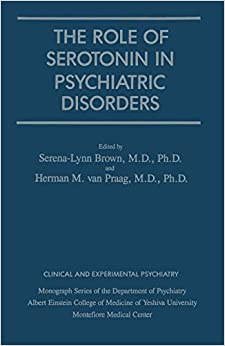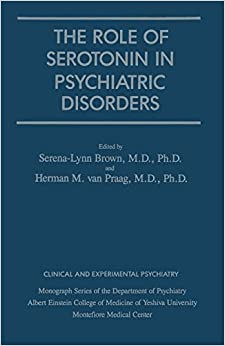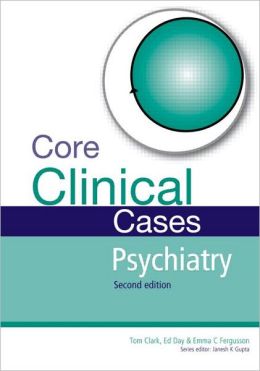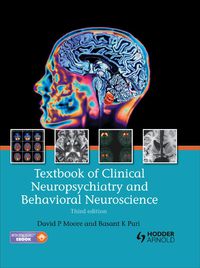-51%
The Significance of Serotonin in Psychiatry: Unraveling the Neurochemical Landscape
In the annals of clinical and experimental psychiatry, the elucidation of the myriad roles played by serotonin represents a pivotal chapter. This neurochemical substance, once shrouded in mystery, has emerged as a key player in the intricate symphony of our mental well-being.
Serotonin, a monoamine neurotransmitter, serves as a vital messenger between neurons, transmitting vital signals that shape our mood, emotions, and cognitive functions. Its intricate involvement in these processes has made it a focal point of psychiatric research, with groundbreaking discoveries illuminating its profound impact on mental health.
This article delves into the multifaceted role of serotonin in the clinical psychiatric landscape, exploring its impact on various mental health conditions and the implications for treatment and future research endeavors.
Serotonin and Mood Disorders
Depression, an insidious disorder characterized by persistent sadness, loss of interest, and a profound sense of hopelessness, has been linked to dysregulated serotonin levels. Research has shown that individuals with depression often exhibit decreased levels of serotonin in the brain, suggesting a correlation between serotonin dysfunction and the onset of depressive symptoms.
Serotonin and Anxiety Disorders
Anxiety, a pervasive and debilitating condition that manifests as excessive worry, fear, and avoidance, has also been linked to serotonin imbalances. Studies have demonstrated that individuals with anxiety disorders may have reduced serotonin activity in specific brain regions, particularly the amygdala, a structure intimately involved in processing emotional responses.
Serotonin and Impulse Control Disorders
Impulse control disorders, characterized by difficulty in regulating impulses and behavior, have been associated with serotonin dysfunction. Conditions such as obsessive-compulsive disorder (OCD) and attention deficit hyperactivity disorder (ADHD) have been linked to alterations in serotonin levels and activity in the brain.
Serotonin and Substance Abuse
Substance abuse, a chronic and often debilitating condition characterized by compulsive drug or alcohol use, has also been linked to serotonin imbalances. Serotonin has been shown to play a role in reward pathways in the brain, and disruptions in serotonin signaling may contribute to the development and perpetuation of addictive behaviors.
Serotonin and Treatment Implications
The understanding of serotonin’s role in mental health conditions has had a profound impact on the development of effective treatments. Selective serotonin reuptake inhibitors (SSRIs) and serotonin-norepinephrine reuptake inhibitors (SNRIs), commonly prescribed for depression and anxiety, work by increasing the availability of serotonin in the brain. These medications have been shown to alleviate symptoms and improve overall mental well-being.
The Future of Serotonin Research
While significant advancements have been made in understanding the role of serotonin in psychiatry, much remains to be explored. Ongoing research is investigating the interplay between serotonin and other neurotransmitter systems, the genetic and environmental factors that influence serotonin levels, and the potential of novel treatments that target serotonin pathways.
In conclusion, serotonin has emerged as a pivotal neurochemical in the field of clinical psychiatry. Its multifaceted role in mood disorders, anxiety disorders, impulse control disorders, and substance abuse underscores the profound impact of this substance on our mental health. As research continues to unravel the intricate mechanisms underlying serotonin’s involvement in these conditions, we can anticipate novel and effective therapeutic interventions that will empower individuals to reclaim their mental well-being.










Reviews
Clear filtersThere are no reviews yet.